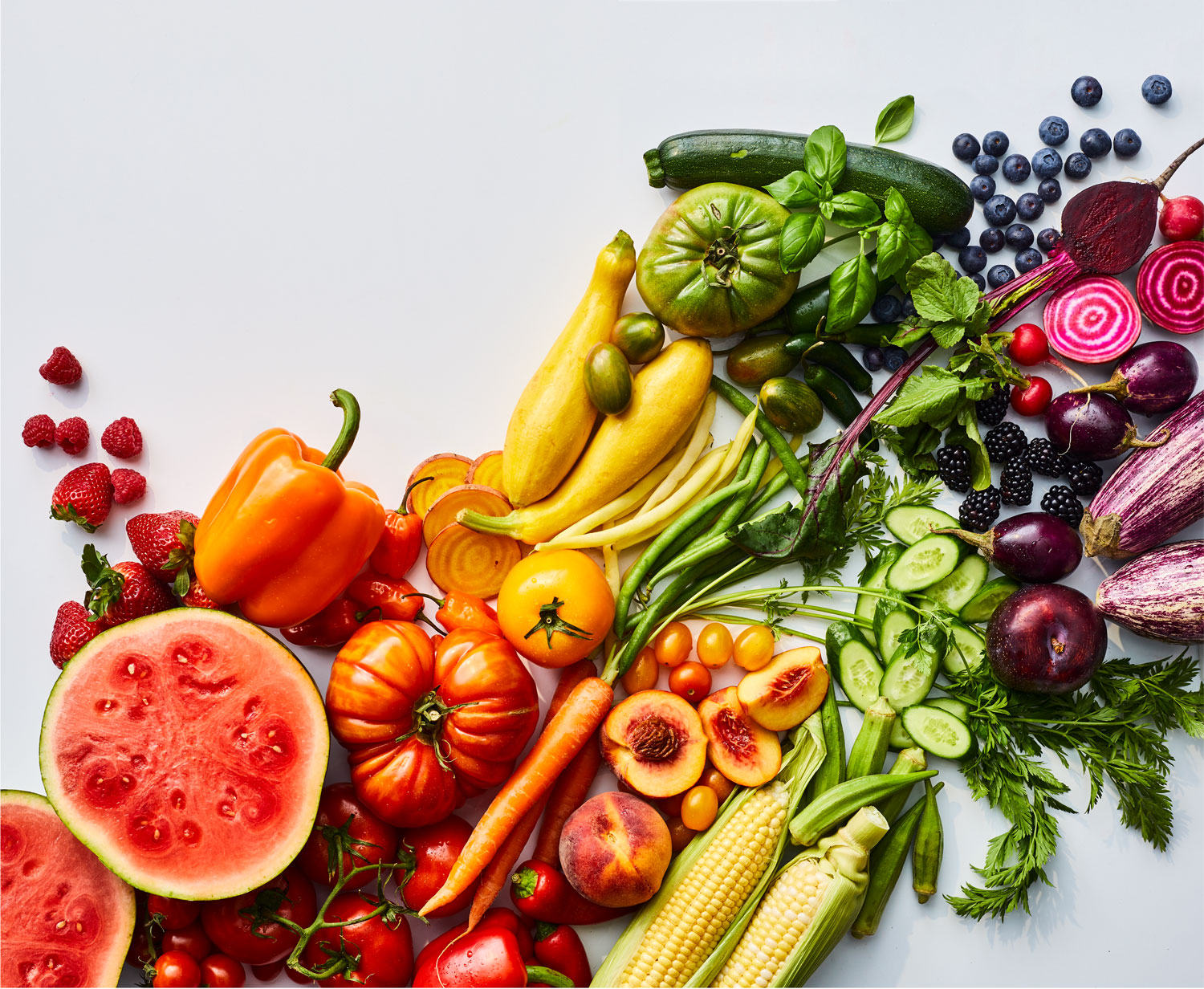



Article by: Hari Yellina (Orchard Tech)
COVID-19 infections are pushing supply systems to breaking point, so fresh food is likely to be in significantly shorter supply on shop shelves in the coming weeks. Food industry executives have warned that government efforts to relax isolation regulations so that close contacts with no symptoms can return to the front lines will be useless unless they have access to Rapid Antigen Tests. Frustrations are rising in farm circles about the lack of stronger planning to mitigate food supply chain disruptions, despite months of warnings about COVID waves and nearly two years of the threat looming on the horizon.
Even KFC, the world famous chicken restaurant, has been impacted, with the company apologising to customers for some of their favourites’ not being available. “This isn’t the how we wanted to start the year. Please be courteous to one another and to our workers, as they work hard to deliver the chicken we all like “added the fast food behemoth. Chicken shortages have become common in supermarkets. Most major processors are only employing half of their required workforce. The chicken supply situation was deteriorating every day, according to Vivien Kite, executive director of the Australian Chicken Meat Federation, with businesses in the supply chain suffering significant labour shortages and the number of birds unable to be processed expanding.
ACMF, like its peers in the red meat, fruit and vegetable and dairy industries, has welcomed the loosening of isolation restrictions, but insists that the reforms must be implemented nationally and backed up with priority access to RATS. Close contacts of critical food workers can only return to work if they have been vaccinated, are asymptomatic, and have a COVID-negative test. The Australian Food and Grocery Council has approved the proposal for priority RATs. Some stores have imposed product limits, while others are advising customers to be flexible and open to substitutions. Butchers are reporting that mince sales are beginning to soar, just as they did during the first pandemic panic purchasing. Therefore, the situation seems to be dire at the moment.